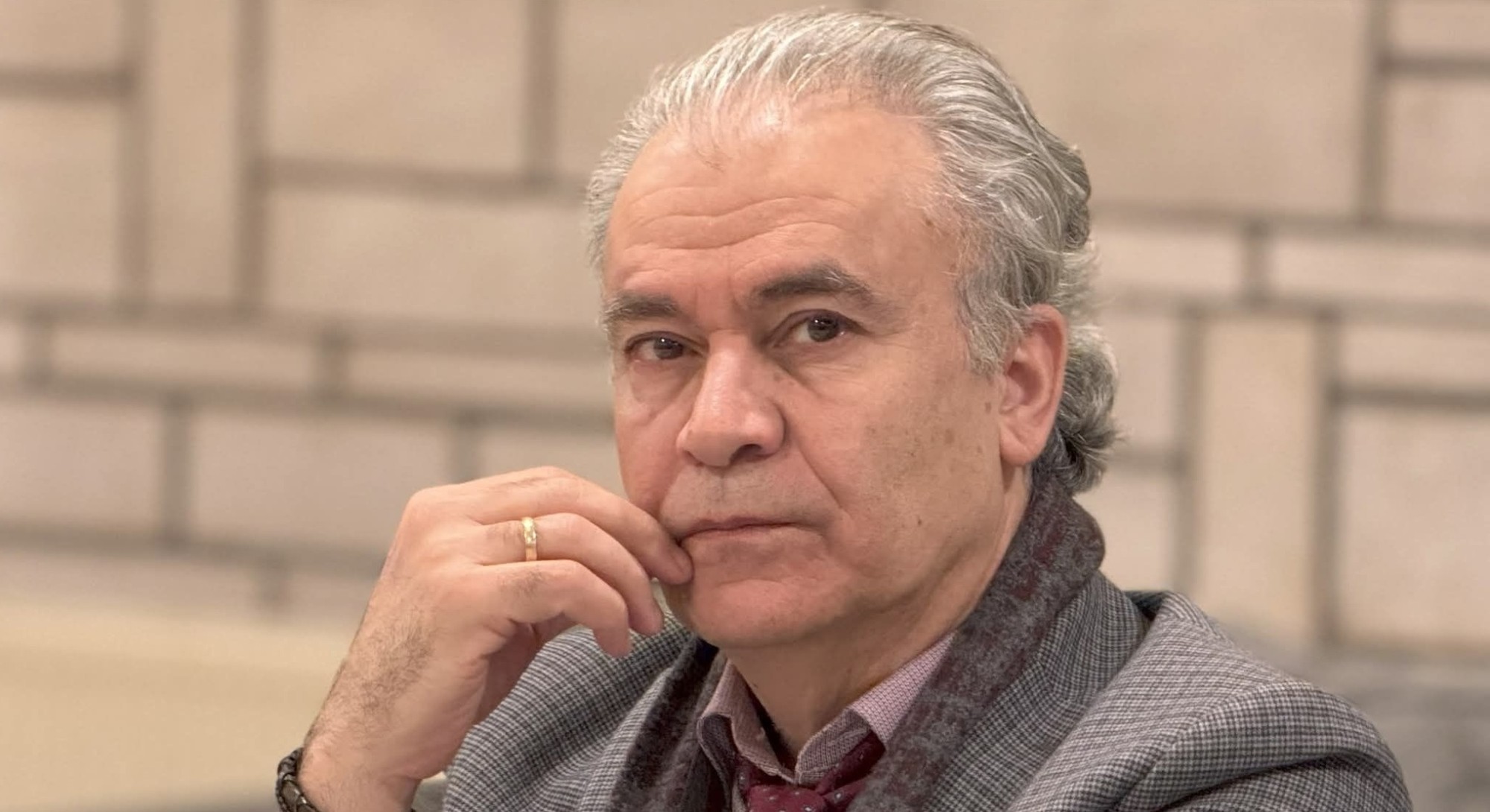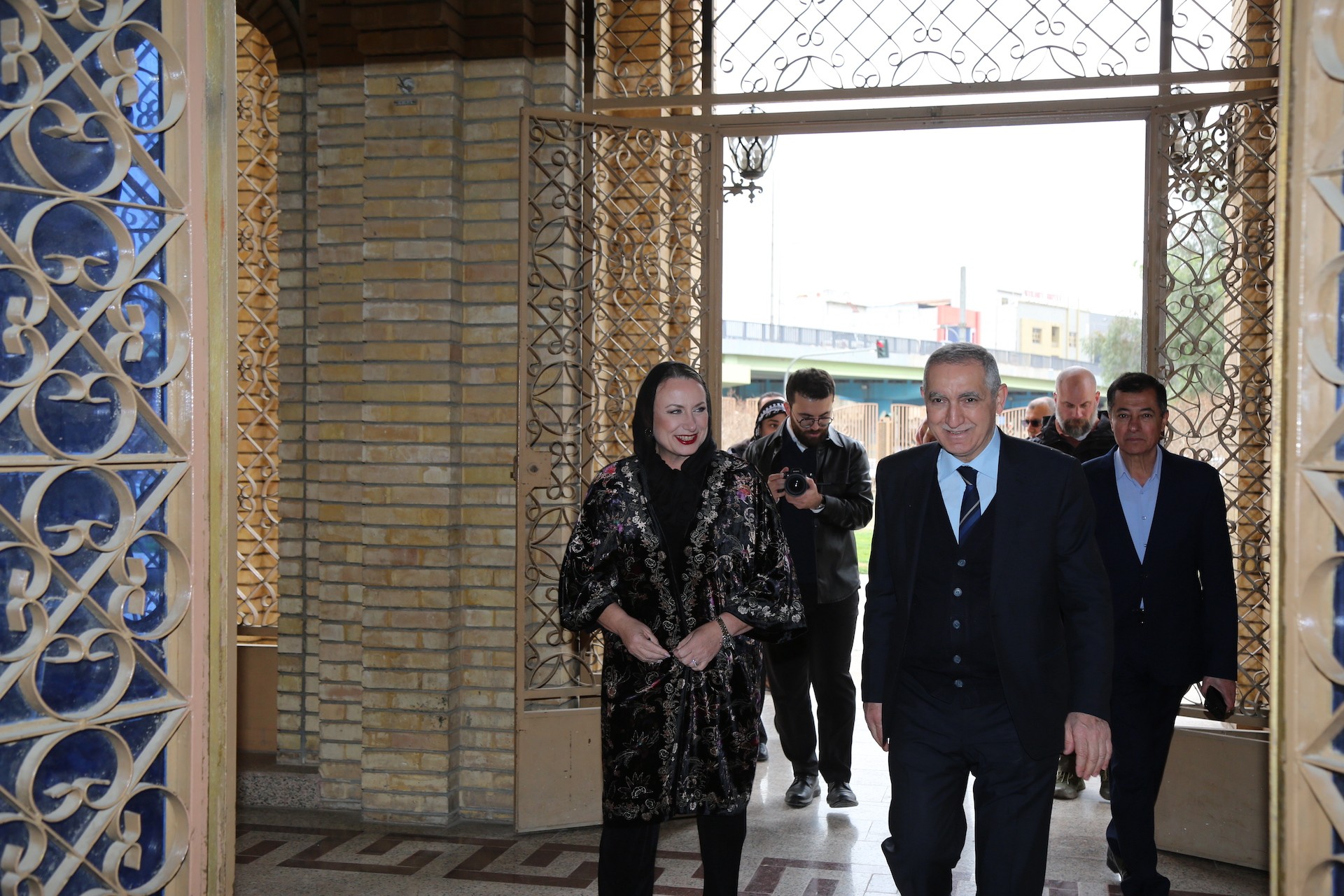Germany’s Federal Government Commissioner for Freedom of Religion or Belief Frank Schwabe led a delegation to Iraq and the Kurdistan Region on September 4, and underlined that internally displaced persons (IDP) camps should not be closed in the Kurdistan Region until a solution is found for the situation of Yezidis.
During his four-day visit, he visited Sinjar, Mosul, and Erbil. “We in Germany want to do everything we can to ensure that religious and ethnic minorities in Iraq have a good future,” he wrote on X.
“In particular, we want the Yezidi community to have future prospects in their own homeland. To achieve this, security must be guaranteed, reconstruction must be pursued with all possible force, and hate speech must be curbed. And the Yezidis must be able to secure their income. Camps cannot be dismantled before this happens.”
Im Rahmen meines 4-tägigen Besuchs im Norden Iraks war ich im Sindschar, in Mossul und Erbil. Wir wollen aus Deutschland alles tun damit religiöse und ethnische Minderheiten im Irak eine gute Zukunft haben. Insbesondere wollen wir, dass die êzîdische Gemeinschaft eine … pic.twitter.com/mcQinET6GJ
— Frank Schwabe #FreeNahid (@FrankSchwabe) September 4, 2024
The Yezidi genocide perpetrated by ISIS in August 2014 in Sinjar resulted in the deaths of thousands of people, with many more being displaced to IDP camps in the Kurdistan Region. Today, Sinjar remains unsafe and lacks adequate social services.
Over the years, Germany has provided humanitarian and political support to the Yezidis. In 2023, the German parliament recognized the Yezidi Genocide, and one of the largest Yezidi diaspora communities also lives in Germany.
Read More: HRW Warns Against Kurdistan Camp Closures
The 23 camps across the Kurdistan Region currently host about 157,000 people, many of whom are from Sinjar, according to the Kurdistan Regional Government (KRG) Ministry of Interior.
In a post on X on September 4, KRG Minister of Interior Reber Ahmed Khalid said he had received the delegation led by Commissioner Schwabe.
“The delegation expressed its profound appreciation for the KRG’s dedicated efforts in fostering peaceful coexistence and its unwavering support for humanitarian initiatives, particularly in addressing the challenges faced by the Yezidi community,” he posted on X.
“Kurdistan remains committed to promoting freedom of expression, human rights, and providing relief to those in need.”
The federal government had previously issued a deadline to close all IDP camps in Iraq by July 30. However, the KRG underlined that they would not force IDPs to return.
Read More: Iraqi Government Forms Task Force to Solve IDP Issue: Interior Minister
On July 8, Minister Khalid announced that Baghdad had established a new task force to oversee the country’s IDP camps, effectively halting their decision to close the camps.
Today, I received a senior German delegation led by @FrankSchwabe, the German Federal Government Commissioner for Freedom of Religion or Belief, accompanied by esteemed members of the @Bundestag, along with the outgoing and newly appointed Consul General of @GermanyInKRI. The… pic.twitter.com/HNVCZtR71Q
— Rêber Ahmed (@RayberAhmed) September 4, 2024
In a press release on July 21, Germany’s Federal Government Commissioner for Human Rights Policy and Humanitarian Assistance Luise Amtsberg said that, “following the Iraqi government’s decision to close refugee camps, many people are faced with existential questions.”
Read More: Germany Worried over Delayed Implementation of Sinjar Agreement: Official
Commissioner Amtsberg visited the Kurdistan Region and Baghdad in July. On July 23, she met with Minister Khalid, who underlined the KRG’s opposition to forced returns.
Moreover, in October 2020, Baghdad and Erbil signed the Sinjar Agreement with support of the UN in order to facilitate the return of displaced Yezidis.
However, so far the agreement has not been implemented and militias continue to operate in Sinjar.
“The German Government’s main concern continues to be the reconstruction and the inclusive implementation of political solutions, for instance the Sinjar Agreement, with the active involvement of all parties concerned,” Commissioner Amtsberg concluded.

